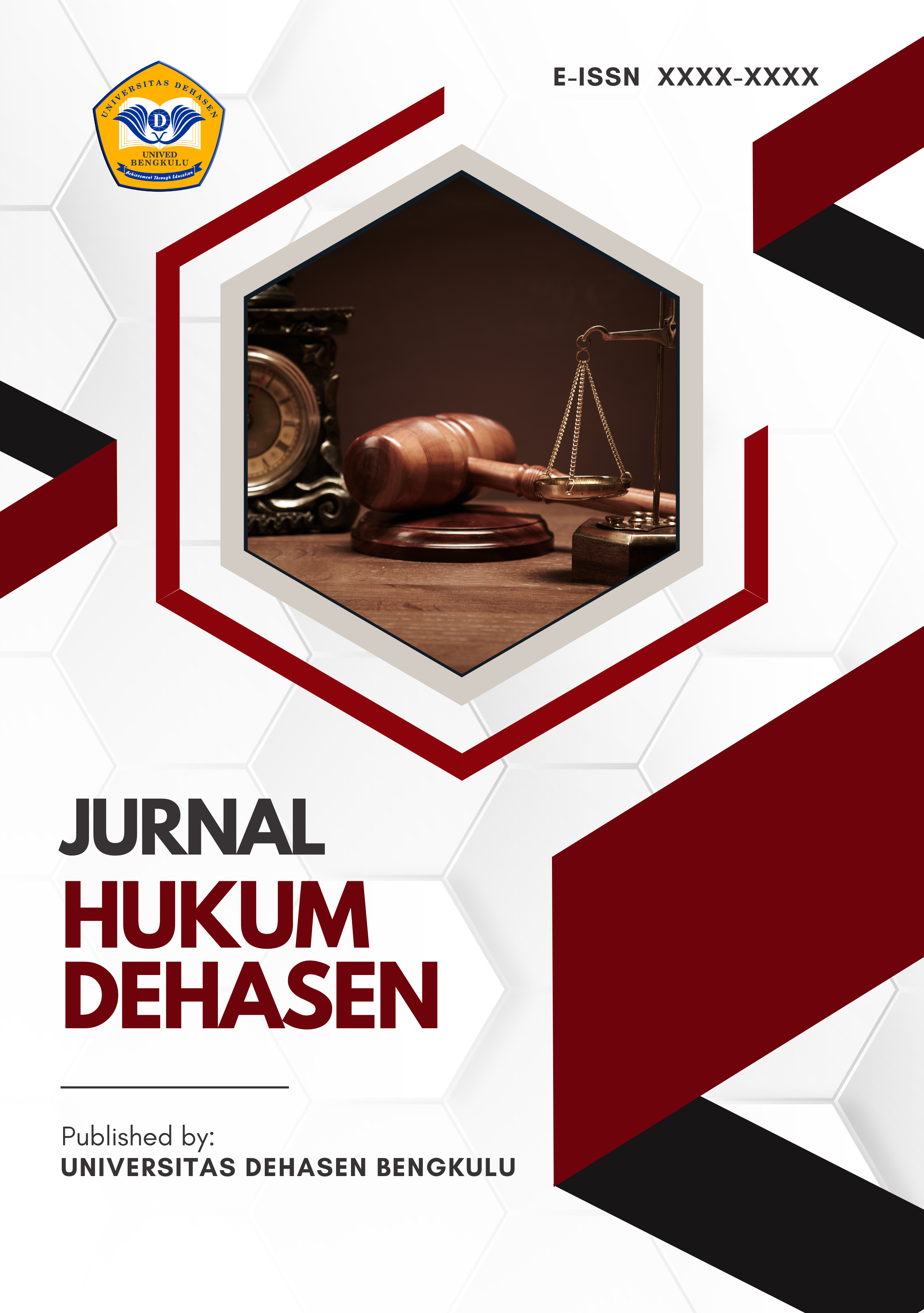Pengaruh Globalisasi Terhadap Pembangunan Hukum Bidang Ekonomi Di Indonesia
Abstract
The rapid development of technology has spurred the intensity of relations between nations beyond national boundaries on a global scale in the fields of ideology, politics, economics, social, culture and security. This fact has led to the birth of a new paradigm of relations between nations which was originally a monopoly of the state, but now foreign relations is a common activity for the public where individuals, groups, non-governmental organisations, private institutions, and government agencies are involved covering various aspects of the interests of society, nation and state. In the modern view of foreign relations, in addition to using official diplomatic relations, the government can also use various unofficial channels such as traders, businessmen, scientists, politicians, local officials, students, non-governmental organisations (NGOs), multi-national companies, tourists, and so on. This diplomacy policy contains several risk factors, including the possibility of transnational crime networks under the guise of foreign investment, legal disputes in international trade agreements, and so on. Therefore, interdepartmental and intradepartmental coordination and consultation are required in order to anticipate any problems quickly and accurately.








